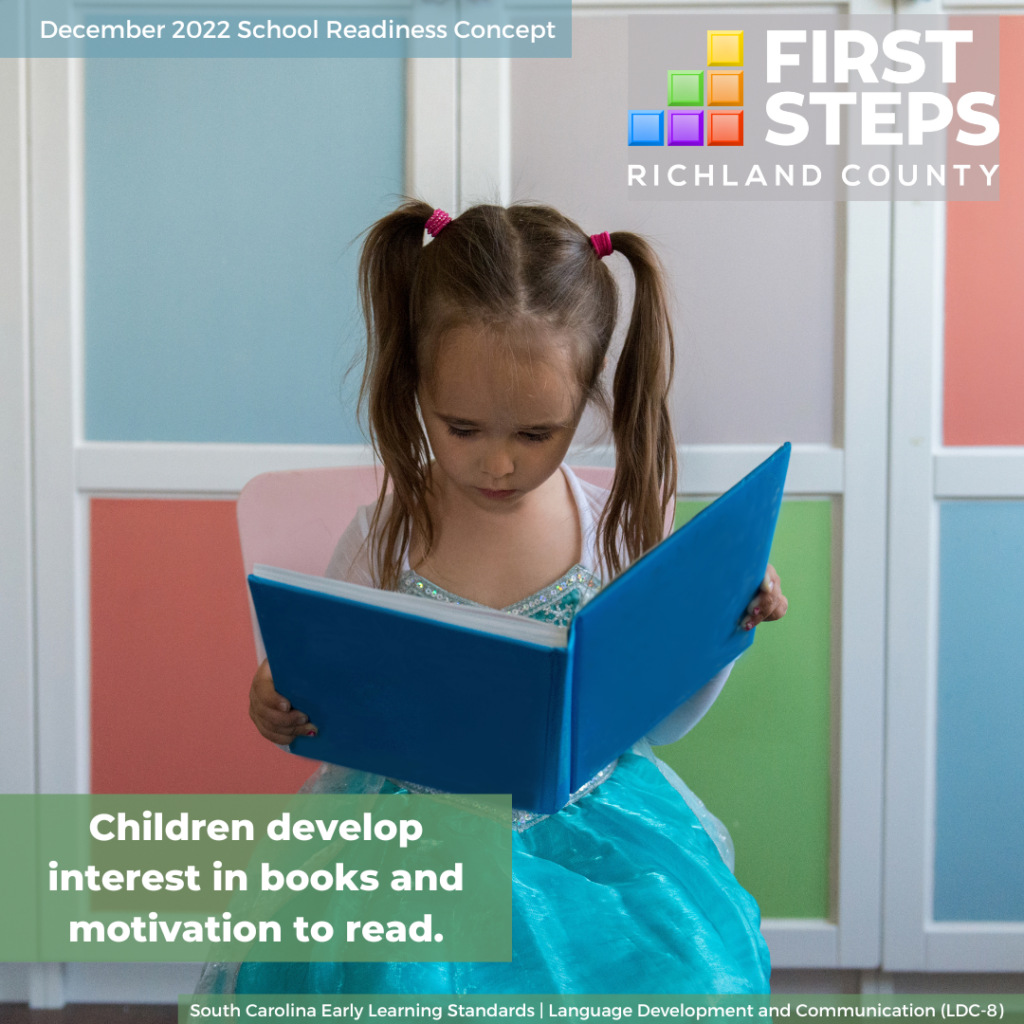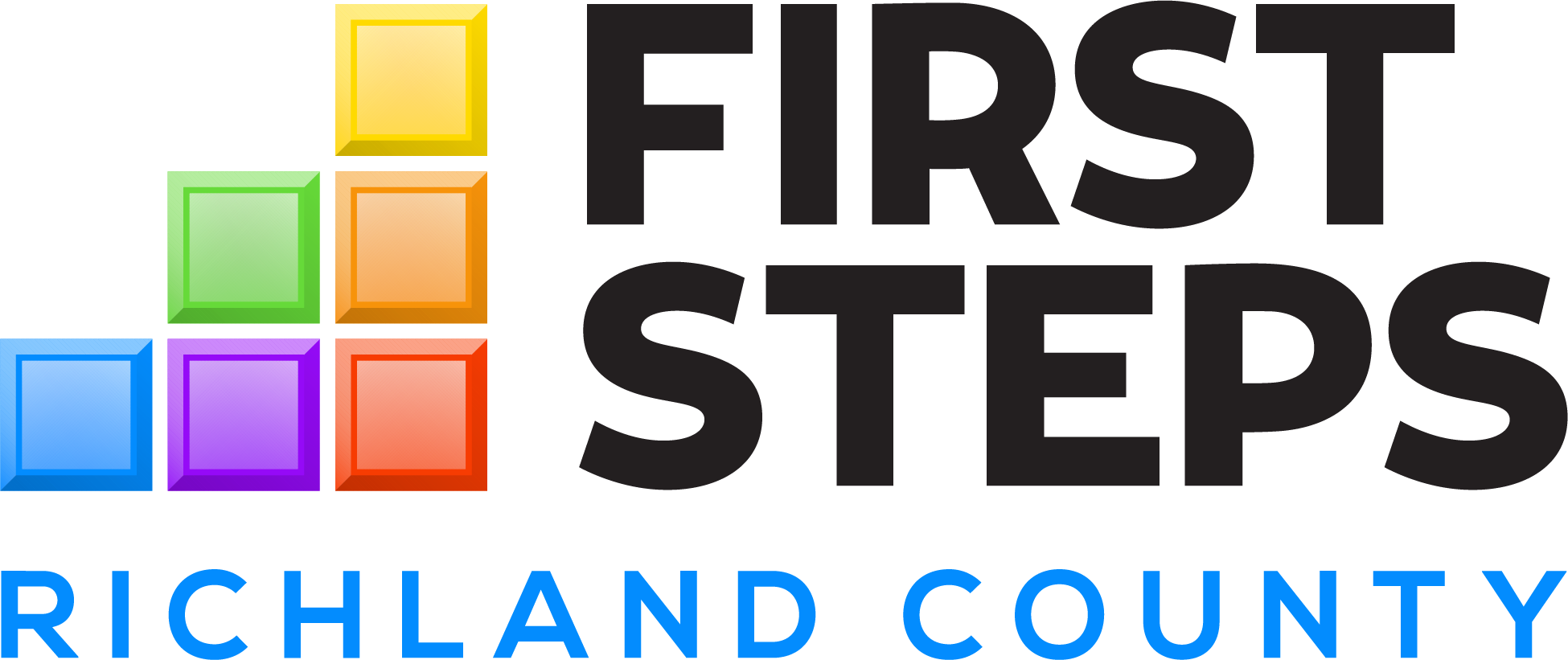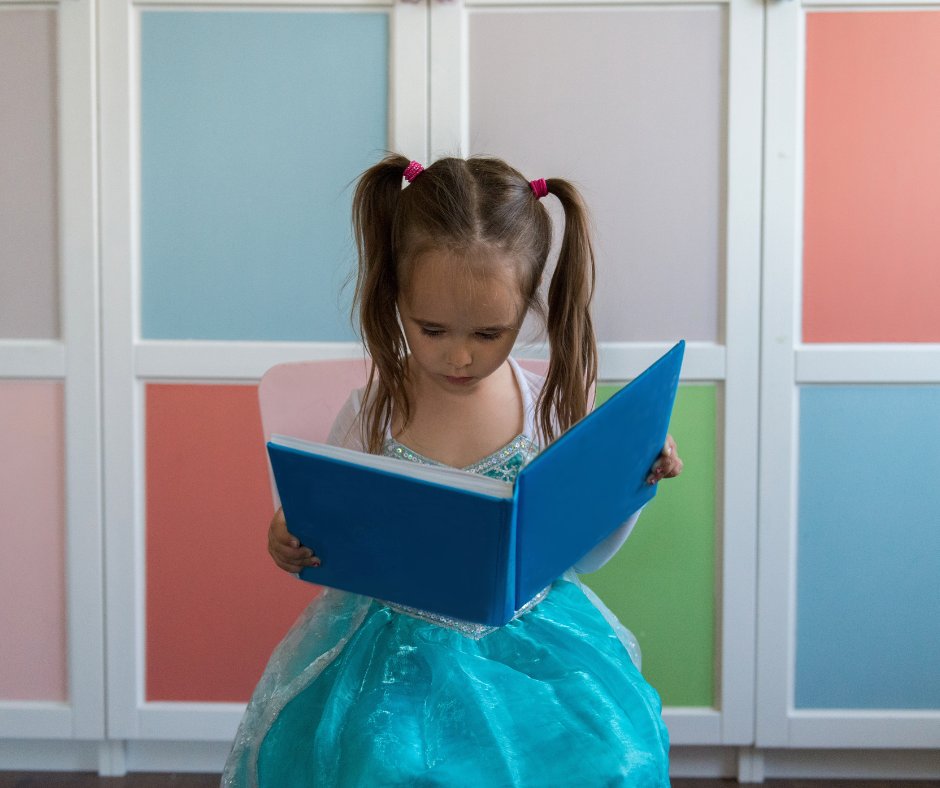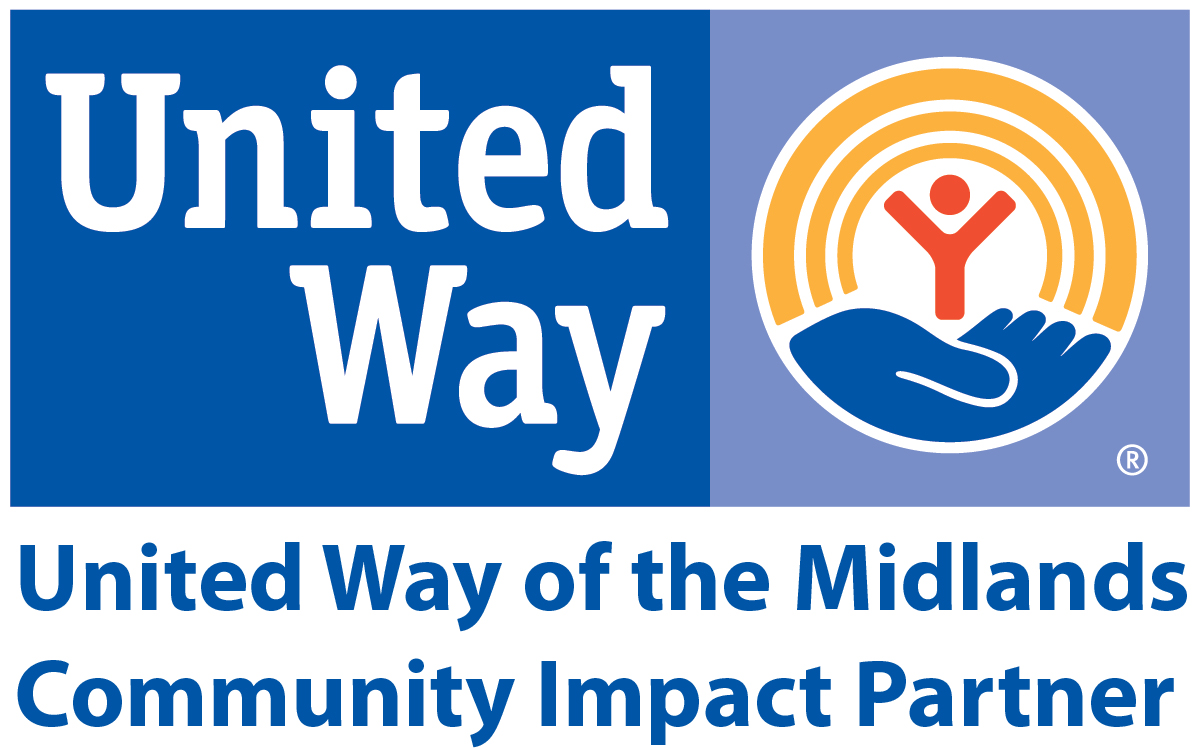
Each month, Richland First Steps selects one school readiness goal from the SC Early Learning Standards (SCELS) to spotlight throughout our programs for children, families, and child care providers.
This month’s concept comes from the Language Development and Communication domain of the SCELS. Like all of the standards, there are developmental indicators that show a child’s progress on this goal at each stage:
Infants (Birth to 12 months)
- Pat and chew on tactile books.
- Look at pictures of faces and simple objects.
- Listen to simple and repetitive books, stories, and songs.
Younger Toddlers (8 to 21 months)
- Engage in reading behaviors independently (choose books, turn pages but not always in order, tell the story).
- Show interest in books (e.g., tactile and picture books).
- Listen to simple and repetitive books, stories, and songs for a brief time.
- Carry books around, “name” them, and select books for adults to read aloud.
Older Toddlers (18 to 36 months)
- Engage in reading behaviors independently (choose books, turn pages but not always in order, tell the story).
- Listen for short periods of time to storybooks, informational books, stories, poetry, songs, and finger plays.
Younger Preschoolers (36 to 48 months)
- Engage in reading behaviors independently (choose books, turn pages, but not always in order, tell the story).
- Show an interest in books, other print, and reading related activities.
- Listen to and discuss storybooks, simple information books, and poetry.
Older Preschoolers (48 to 60+ months)
- Engage in reading behaviors independently with increased focus for longer periods of time.
- Use and share books and print in their play.
- Listen to and discuss increasingly complex storybooks, information books, and poetry.
Learn more:


